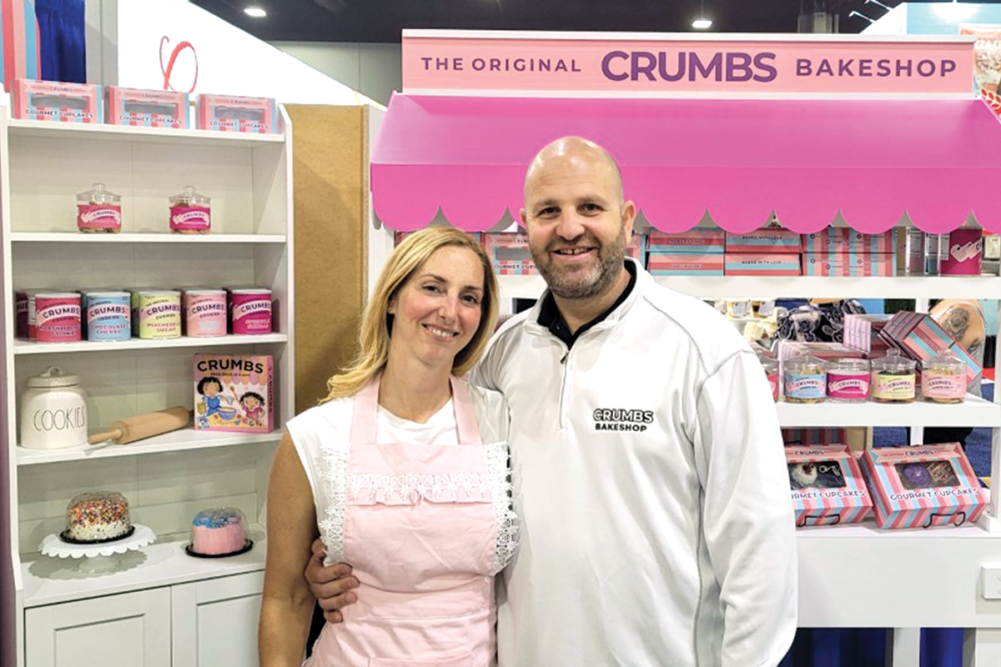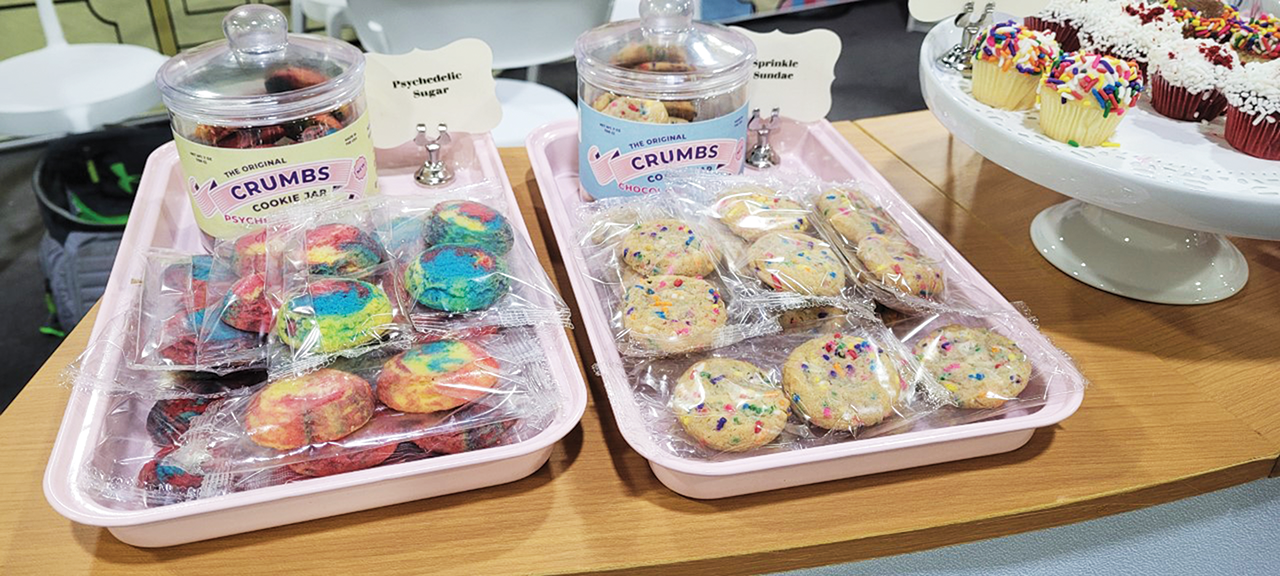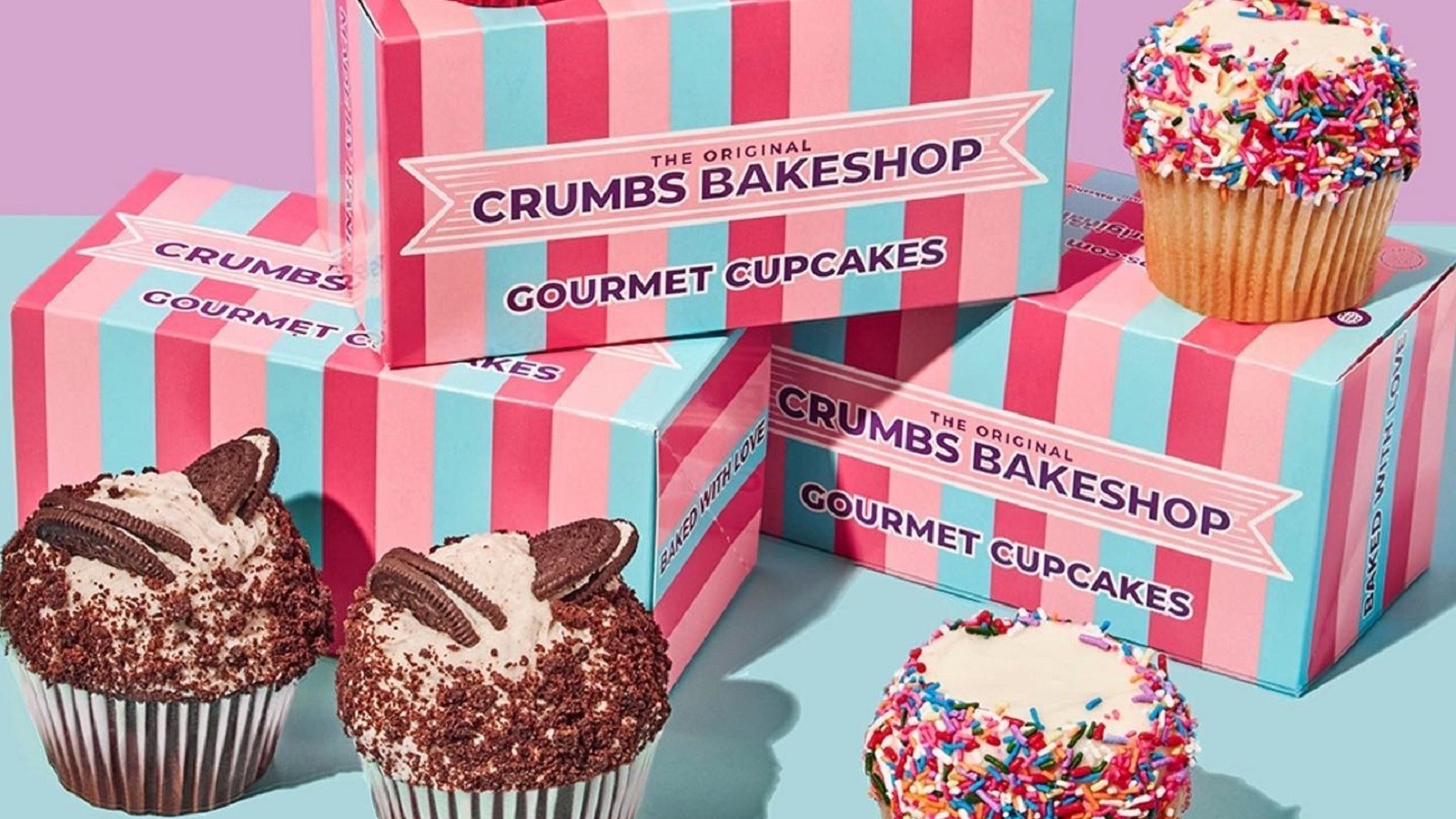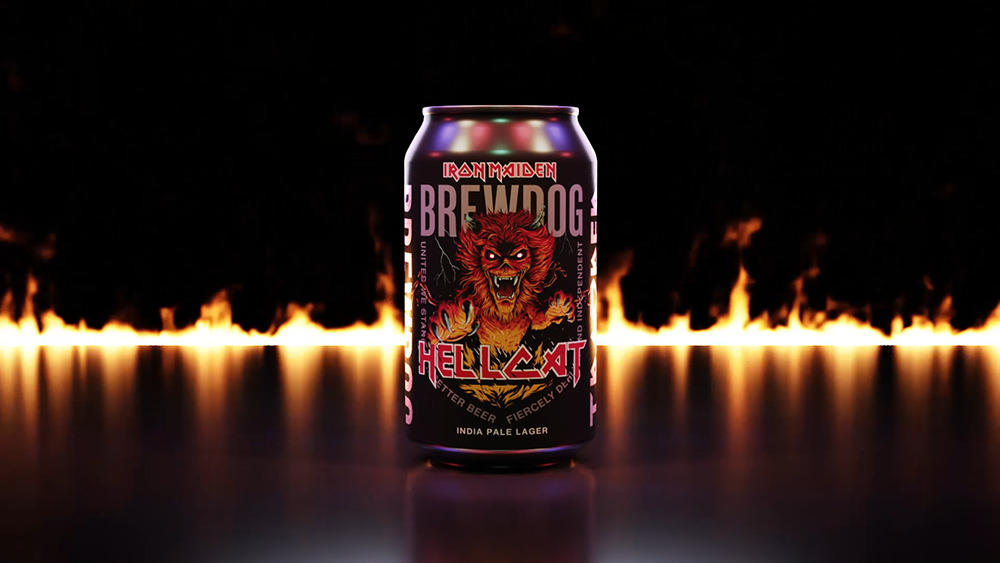
Entrepreneurship has many ups and downs. Crumbs Bake Shop shows this well. It started small in Manhattan. Soon it grew hugely, worth $66 million. Then came a very public, hard fall. But this story isn’t just about too much growth; it’s about bounce back.
Luck and fate helped bring it back. Jason and Mia Bauer founded Crumbs in 2003. They saw people tired of boring supermarket cakes. They wished for a friendly neighborhood bakery feel. Their first shop opened on the Upper West Side. It aimed to fill that exact spot.
The time felt just right too. Cupcakes became strangely popular around 2000. Crumbs sold more than plain ones. They offered over 75 flavors with fun toppings. This fed the growing cupcake trend everywhere. Their Thin Mints flavor showed their creative twists.

Customers loved this concept truly. Buying a Crumbs cupcake became an city event. It was a little treat, a happy extra. This quick popularity made them grow fast. The Bauers desired more than just one shop. They saw how to make their concept big.
Many cupcake rivals appeared then. Magnolia, Sprinkles, and others joined in. Crumbs kept opening more stores anyway. They moved past that first Upper West Side spot. Their drive got outside investment involved. In 2008, they sold half of Crumbs for $10 million. This money pushed their expansion plans ahead faster. They reached fifty stores by 2011. Fifty stores were doing well then. Mia shared they sold one million cupcakes monthly.
The Bauers felt ready for the next move now. In 2011, they sold the rest of their stake. Crumbs got bought by a big company for $66 million. This included cash and some stock. The purchase let Crumbs go public. In June 2011 it did so. This made it a big player worth $66 million. The Bauers thought the business was safe.
They built it from nothing, they said. They guided its first big growth period. Now they trusted new people with its future. They hoped it would go even higher. But the story turned sharply instead. New leaders pushed expansion too hard. This proved a big, hard lesson for them. Post-buyout, expansion moved way faster than before. An ex-Aeropostale CEO helped lead this. He did not want to talk about his time there later. Some 25 new shops opened fast in malls. By 2013 they had 79 stores in eight states. This speed missed how mall shoppers act.

Jason Bauer mentioned original store sales. Those were around $20 to $25 per visit. Mall shoppers spent less for just one cupcake. This difference was a big problem. Opening shops in malls cost too much. Their many properties became a burden fast. This differed from the Bauer’s later approach much. Other dessert places also competed hard. The market had way too many cupcake shops.
Keeping large market share required new ideas. Running operations well became tricky. The IPO sugar high did not last long. $66 million value faded fast. The business fundamentals weakened greatly. They could not keep up growth costs. Internal issues showed up outside now. Just two years after fast expansion began. The Crumbs business started falling apart. It could not pay costs for its stores. The newer mall ones hurt most. The dream of growth became a bad dream. Sales dropped and losses grew instead. This led to sad news in July 2014. Crumbs said it would close all stores.
They filed for bankruptcy too. It was a shock for a popular brand. For Jason and Mia Bauer it hurt badly. They watched it happen from afar. They had sold their part, sure. But the business felt very personal still. It remained very much our baby, Jason shared. We made this business start, he added. We grew it ourselves greatly. We felt very close to it deeply. Seeing it disappear hurt after our work.

The feeling was very tough indeed. Their creation collapsed after leaving it. They left it with people to make it bigger. Its closing felt extra painful then. But a tough strength came through later. Jason and Mia feel no regret about selling. Mia said clearly she never regretted selling. She felt sad the new team failed it. But selling itself was not a mistake. This thinking comes from their beliefs. They call themselves spiritual individuals. They hold things happen for a reason. This view helped them handle the collapse. They moved past the first pain later.
After selling and the bankruptcy. Jason and Mia went different ways then. Jason used his business skills elsewhere. He started a real estate job for three years. He used his skills in that sector instead. Then he worked for WeWork giant. He was head of space services globally. He liked this time very much. He gained experience in a big company. Mia focused on raising their children. Life moved on for the family.
But the Crumbs story stayed important always. It was their first big success. Then a big failure under others. It was a large chapter in their lives. Even while Jason worked at WeWork. The memory of their cupcake shop was there. It stayed in their minds quietly. Years later the doors were shut. The brand sold in bankruptcy too. Marcus Lemonis bought it for $6.5 million. Lemonis later lost money selling his share. He said being minority stopped change. The world kept changing around them. Shopping changed and new chances appeared. The Bauers had moved onto new work.

But the world wasn’t done with Crumbs quite. Strange things soon put their baby back. Not as a bad memory this time. But as a chance no one expected. Crumbs started showing up again for Jason. This happened around 2019 oddly. His employer WeWork had problems then. It faced issues after filing for IPO. This period perhaps made Jason think. It brought his old business chapter back. But the real reason for revival was random. A simple search uncovered a forgotten chance. This set up a return for little cost.
Crumbs Bake Shop story seemed over in 2014. Bankruptcy caused all stores closing. Founders Jason and Mia Bauer sold their stake. Watching their creation fail felt difficult. Yet they believed in destiny. The universe was not finished with this brand.
Years later, unexpected events happened. A chance came to reclaim their ‘baby’. They could write a new part of the story. It built on past lessons and a different plan.
Even after the collapse pain. Memory of Crumbs stayed. Jason worked a corporate job at WeWork. It was their first big success. Followed by a hard lesson later on. The brand was always in their mind.
Around 2019, WeWork had challenges. Facing its own public problems. Idea of Crumbs came up again for Jason. Maybe thinking about business cycles helped. But the real reason for brand return was luck. It came from a simple, random search.
In 2021, Jason was on a website. US Patent and Trademark Office it were. He made a surprising find. The intellectual property for Crumbs abandoned. Others bought it from bankruptcy before. But the trademark was now listed as ‘dead’.
It showed abandoned and unreviveable. That status seemed like it were final. Still, it gave an unbelievable chance. For the original founders to step back in. This was truly a turn of fate.

Acquiring the abandoned brand cost very little. One filing show just $350. Another report said only $300. The exact price were not clear. It was an ironic contrast indeed. To the $66 million value it once had.
Also to the $6.5 million paid earlier. That price were so small. It underscored brand’s fall. But also made it so accessible. For those who understood its start best. It seemed meant for them.
This low-cost buy back wasn’t first thought. Earlier they thought about buying it. When Fischer Enterprises held the IP. Jason say they tried to buy it back. But they were unsuccessful then.
Jason felt the cost was high then. He still enjoyed his job at WeWork. Not planning big revival or fundraising. Fate brought the chance back to them. When the IP was abandoned later. He feel it was meant to be.

With the brand back in their hands. For a very low fee. Jason left WeWork in 2021. He and Mia began reviving Crumbs. This second try would be different though. Not a simple replay of the first.
They saw issues with growing too fast. And retail world changing. Bauers chose a totally different way. The expensive store model burdened business before. That would largely be skipped this time.
Instead of many physical shops. With high rent costs. The new Crumbs focuses on online sales. And working with partners for distribution. This shift were a big change. From what caused problems before.

It fixed issues with customer shopping. How they spent money differed. Between stores and mall spots. The new way used modern online sales. Avoiding huge costs of physical stores.
Their cupcakes are sold online now. On their website for delivery. This offer customers access nationwide. But the biggest change is supermarkets. Crumbs products are now in many grocery stores.
Specific stores mention include ShopRites. Also Gristedes and Fairways. Around 400 locations in total they say. This gives wide reach to customers. Without risks of running many shops.
Despite hard lessons from before. Bauers approach this second try. With experience and openness they say. Not ruling out anything for future. Jason spoke his mind plainly.
Related posts:
Crumbs Cupcake Shop Owners Say They Don’t Regret Selling the Business
Crumbs Bake Shop, once valued at $66 million, bought back by founders for $300




